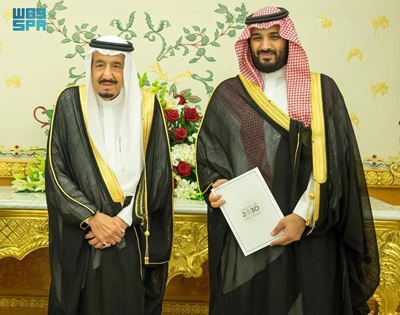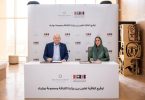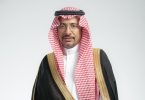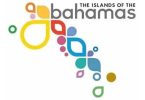Today marks the 8th anniversary of Saudi Arabia’s Vision 2030, a transformative plan that charts a new course for the nation’s future, one where both the country and its citizens can thrive.
Vision 2030 rests on 3 key pillars that leverage the Kingdom’s strengths: its deep cultural heritage, at the heart of the Arab and Islamic worlds; its substantial investment capabilities, which will propel the economy toward new horizons through diversification and development, an economic transformation that critically hinges on the energy and potential of its young population, which makes up more than half of Saudi citizens; the Kingdom’s strategic geographic location at the crossroads of three continents and along vital global shipping lanes, which gives it a unique and influential position on the world stage.
Launched on April 25, 2016, by His Royal Highness Prince Mohammed bin Salman bin Abdulaziz Al-Saud, Crown Prince and Prime Minister, and approved by Custodian of the Two Holy Mosques King Salman bin Abdulaziz Al-Saud, Vision 2030 has sparked an unprecedented period of transformation and growth. This ambitious national plan aims to build a prosperous and secure future for the Kingdom through economic diversification and an improved quality of life.
Vision 2030 is a roadmap for empowering Saudi Arabia’s young and innovative minds. It represents a historic shift, transforming dreams and aspirations into tangible achievements.
As the Kingdom enters its eighth year of Vision 2030, the annual report for 2023 highlights the program’s impressive performance. With 87% of its 1,064 initiatives completed or on track, 81% of the 243 key performance indicators for the third level achieving their targets, and 105 indicators exceeding targets for 2024-2025, Vision 2030 remains firmly on course.
Vision 2030 is driving impressive results in the tourism sector. The Kingdom welcomed 106 million visitors in 2023, including 27.4 million international tourists, making it the second fastest-growing tourism destination in the world.
The number of Umrah performers from abroad skyrocketed to a record-breaking 13.56 million, exceeding the 2023 target of 10 million and nearly doubling a baseline of 6.2 million. Over 131 million volunteers served the Umrah performers, surpassing the target of 110 million. The vision targets 30 million Umrah performers.
Cultural heritage preservation is another area of success. The number of UNESCO-listed Saudi heritage sites climbed to seven, exceeding the 2023 target of six and bringing the Kingdom closer to its 2030 goal of eight. The latest addition, the “Uruq Bani Ma’arid” reserve, further strengthens Saudi Arabia’s rich cultural imprint.
Vision 2030’s focus on international standing has yielded a major win. Thanks to the leadership’s unwavering support, Riyadh secured the prestigious Expo 2030 hosting rights, beating out Busan (Korea) and Rome (Italy) with a convincing 119 votes.
Saudi Arabia’s Vision 2030 emphasizes women’s empowerment as a key driver of national development. As Custodian of the Two Holy Mosques King Salman bin Abdulaziz Al-Saud has said in the annual Shura Council speech: “We will continue our efforts to empower Saudi women and raise their participation rates in the public and private sectors.”
Environmental initiatives show progress. Efforts to combat climate change are also under way. As a part of the Saudi Green Initiative, over 49 million trees and three million wild seedlings have been planted across the Kingdom, and more than 975 hectares of agricultural terraces have been rehabilitated in the southwestern region. These terraces are equipped with rainwater harvesting techniques to promote sustainable water use. The area of rehabilitated vegetation cover has also exceeded the 2023 target, reaching 192,400 hectares compared to the target of 69,000 hectares. Additionally, conservation efforts have led to the resettlement of 1,660 endangered animals and the successful birth of seven Arabian leopard cubs. A total of 24.59% of Saudi Arabia’s territory has been designated as nature reserves. This includes 18.1% of terrestrial areas and 6.49% of marine areas.
Saudi Arabia’s Vision 2030 shows steady progress under the leadership and supervision of HRH the Crown Prince. The government effectiveness index reached 70.8 in 2023, exceeding both the 2023 target (60.7) and a baseline (63). The ambitious Vision 2030 target is 91.5.
The remarkable achievements witnessed in the eighth year of Saudi Vision 2030 are credited to both divine favor and the unwavering commitment of the Kingdom’s leadership. These successes echo the vision articulated by HRH the Crown Prince, who declared: “We have named this vision Vision 2030, but we will not wait until then. We will begin immediately.”
Through swift implementation and a collaborative spirit, the Kingdom strives to become a reason for pride for all its citizens.
To view the annual report of Saudi Vision 2030 for the year 2023, click here.







